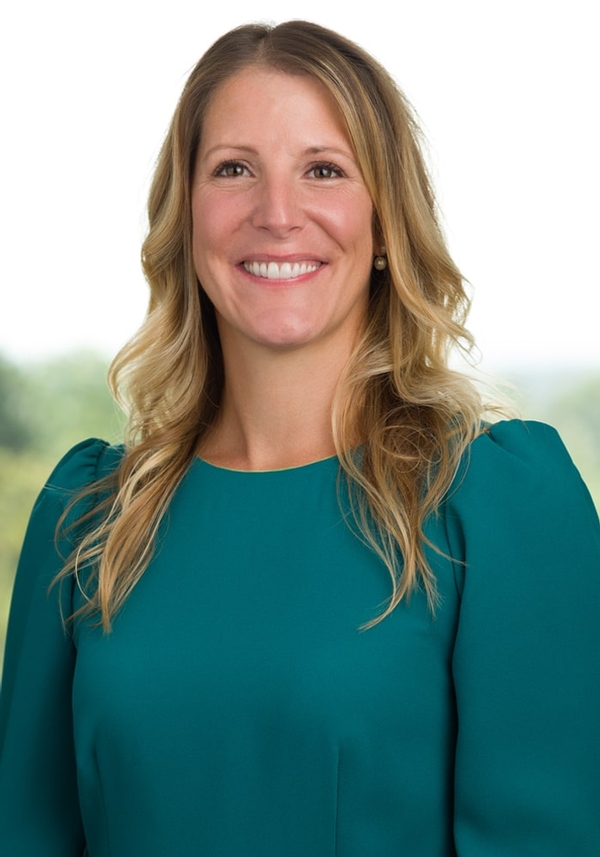Oct 25, 2021
Key Considerations for Employers in Reopening the Workplace
The COVID-19 pandemic continues to be fluid, requiring employers to navigate new rules and regulations that are highly dependent on sector and jurisdiction. As more and more employers are comfortable in calling their workforce back to the office, it is important that employers be mindful of critical considerations in developing their return-to-work policies.
- Establishing and Identifying the Workplace: Employers with employees in multiple jurisdictions need to identify and understand the specific rules and regulations applicable to each location. States and municipalities may have different regulations governing the workplace based on where the employee is physically located. Of particular importance is understanding the paid and unpaid leave laws in effect for the workplace location and whether remote workers are covered by local or state leave protections that differ from the employer’s office location.
- Scheduling and Hybrid Workplaces: In developing a hybrid workplace program, focus should be on clearly delineating the expectations and rules for remote workers. Personnel considerations include establishing clear workhours of remote workers, how remote workers will be managed and developed, the metrics for reviewing and managing remote work performance, training capabilities in the onboarding process, and any accommodation for disabled workers. Equally as critical is establishing technological procedures and requirements for safeguarding employer’s information in the remote workplace.
- Complying with Workplace Safety Requirements: Employers should identify and comply with the cleaning and disinfecting guidance applicable to their workplace. Review the federal guidance from the Centers for Disease Control (CDC) and Occupational Safety and Health Administration (OSHA) and the state and public health agency guidelines applicable to the location of the particular office location. Not only should employers establish protocols and have written policies that comply with the cleaning and disinfecting guidance, but employers should have a designated safety individual or team who has management responsibilities for implementing and overseeing compliance.
- Government Vaccination Mandates: The federal government has announced that all workers at most health care settings, all federal executive branch employees, and all federal contractors will be required to be fully vaccinated against COVID-19 and that all workers at businesses with 100 or more employees will be required to be fully vaccinated or subject to weekly COVID-19 testing. New Jersey has announced that all workers in preschool to Grade 12 schools, all workers in certain health care facilities and high-risk congregate settings, all workers at state agencies, authorities, and colleges and universities and all childcare workers will be required to be fully vaccinated against COVID-19 or be subject to COVID-19 testing at minimum one to two times per week. Employers not subject to either the federal or state mandates will need to decide whether to require its workforce to be vaccinated and whether to offer an alternative testing option. Subject to certain restrictions, the Equal Employment Opportunity Commission has approved employer-mandated vaccine requirements.
- Distinguishing between the Vaccinated and Unvaccinated: Employers may distinguish between vaccinated and unvaccinated employees and should consider this information when designing and implementing workplace safety measures. Policies concerning social distancing in the office should consider whether to have unvaccinated employees wear a mask. Employers should review the requirements of client or business partners and whether unvaccinated employees’ job duties are impacted. Temporary reassignment of duties or modifications may be necessary if an unvaccinated employee is not permitted to attend off-site client meetings.
For more information, contact Cynthia L. Flanagan at clf@spsk.com or at (973) 540-7331.

